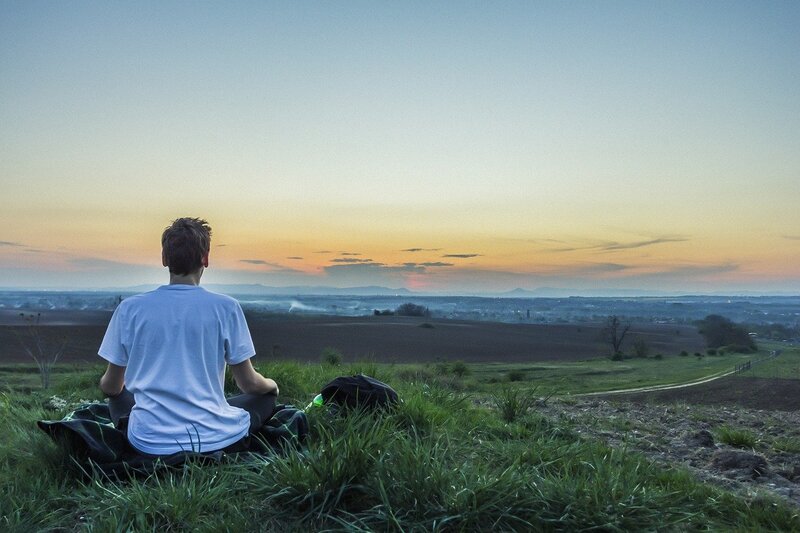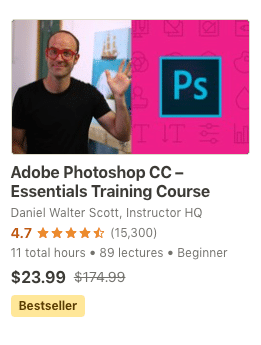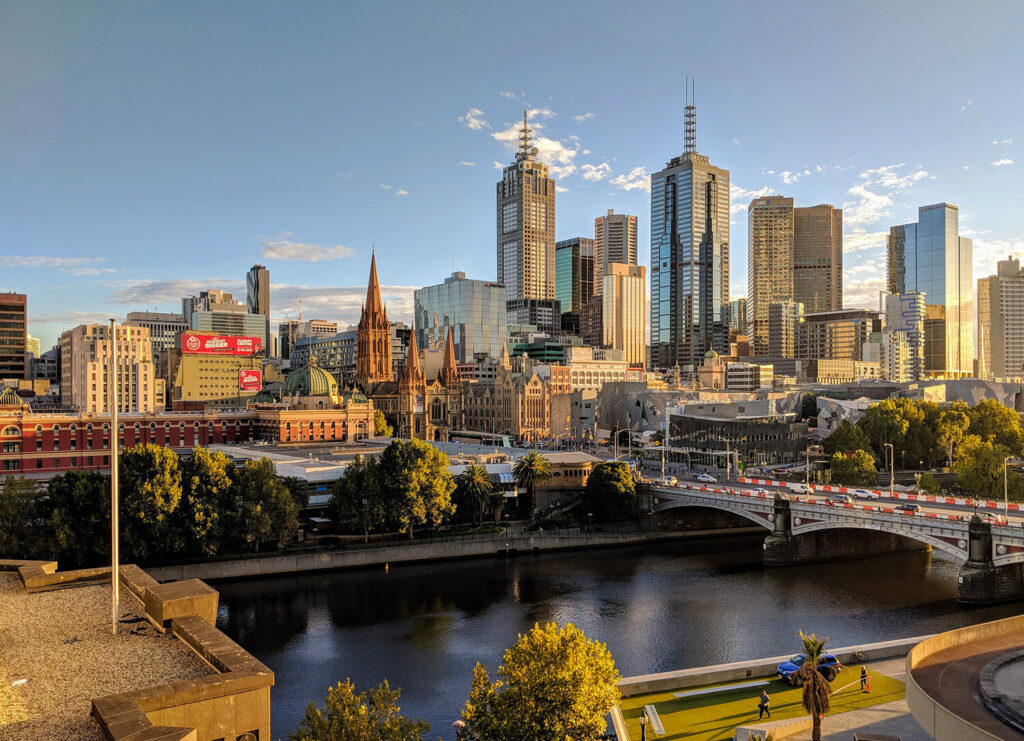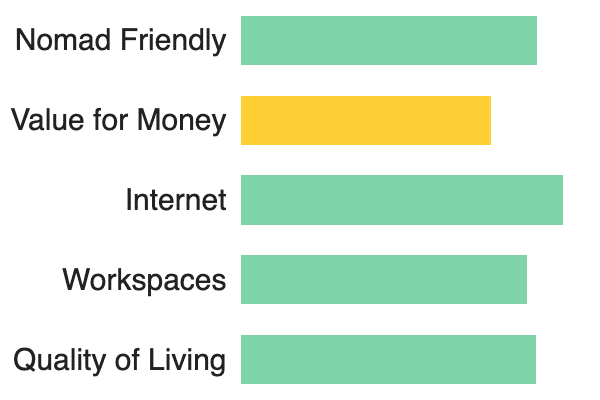
Mindfulness
What is Mindfulness?
Mindfulness is a practice that is commonly used in therapy and stress reduction. The principle of mindfulness is to focus your attention on the present moment. There’s heaps of scientific evidence to back up the medicinal qualities of the practice. It has been shown to help with anxiety, depression and stress, as well as pain regulation.
It might seem like something that’s trendy at the moment but it has actually been around for centuries. Mindfulness is a common practice in Buddhism and has therefore been popular amongst spiritual circles for ages. You might also know the practice as meditation, though there are some slight differences between the two.
Mindfulness is more rooted in science and psychology than meditation. Functionally they both do the same thing, but the focus is entirely different. Mindfulness practices have brought more people’s attention to meditation as a legitimate treatment for mental health issues. It is now a recommended therapy across the world.
Beyond therapy, mindfulness is also used in the corporate world to help employees and clients de-stress. It is a booming industry with some really well paid jobs on offer. Now that everyone is using Zoom it has also become popular online, opening up the mindfulness jobs market to digital nomads. You don’t even need to be a licensed therapist—though you will be expected to have some training if you want to work with health services.
Even if you don’t want to work in mindfulness, it’s a really helpful way to keep yourself grounded. Just a couple of minutes a day can help you focus, build a routine, and reduce stress. Mindfulness is an important skill that is revolutionising the world of mental health.
How is mindfulness used?
Mindfulness, at its core, is pretty simple. You focus on your breathing, learn how to observe thoughts and reconnect with your body. Despite the simplicity of each of these, they still take a bit of practice to get used to. Mindfulness practitioners help the people they work with make their way through this process in a guided and safe manner.
Mindfulness is used for a whole host of purposes, but its most popular use is for reducing stress. Focusing on the breath and learning how to observe thoughts helps people live a less stress-filled life. People who participate in mindfulness often find themselves better equipped to deal with the everyday tensions of life.
It can also help people live a more mindful life. Remember—the core purpose of mindfulness is to help people live in the moment. It’s not just about those few minutes spent in meditation, it’s also a philosophy that can be applied to everything you do. Mindful practice can help people feel happy in the moment and become more observant of their surroundings.
This is why mindfulness has become so popular. You’ll find it everywhere, from the therapist’s couch to the conference room. Mindfulness is a core part of self-care, and gives people space to detach from the most tasking parts of modern life. With endless mental health benefits, it’s no wonder meditation has been a spiritual practice for centuries.
Speaking of mindfulness as a spiritual practice, you’ll discover it has a key place in Eastern medicine and philosophy. Buddhists are the best known meditators, but it has been pretty widespread across the continent for most of recorded history. This is why you’ll find similar techniques utilised in yoga, which also focuses on the breath and connecting with the body.
How to become a mindfulness practitioner?
Before you become a mindfulness practitioner you’ll need to try it out for yourself. There are some fantastic apps that can guide you through the meditation process so you can understand exactly how it works. Headspace is probably the best known, but there are a few cheaper—and even totally free—alternatives on the app store.
Once you’ve given it a go, we recommend taking some online courses to learn about how to instruct others in mindfulness. It’s not just a case of knowing how it works, you also need to be able to provide a calm and assuring presence for your clients. There are some great online courses that take you through the basics.
Beyond these courses, we also recommend looking into what certification is available in your country. If you want to work for a local health board or third sector organisation, you usually need to have proof that you know exactly what you’re doing. Check out the job listings from these organisations to get an understanding of what is required.
Once you’ve got these, it’s time to go out and find work as a mindfulness practitioner. As mentioned, you’ll find most salary jobs are either with health boards or third sector organisations. That being said, it’s becoming more common for corporate bodies to employ mindfulness coordinators to work with their staff. These are usually easier to obtain, though they do pay a little bit less on average. It’s also possible to work as a freelancer.

What jobs require knowing mindfulness?
There are three ways you can work as a mindfulness professional: either for a health organisation, for a company or as a freelancer. For working for a health organisation you’ll need to be adequately certified. That being said, your earning potential is also much higher. You are also more likely to need to work face to face with your clients.
Businesses have only recently started adopting mindfulness coordinators. Your job is to run regular sessions with members of staff to help them de-stress and prepare for the day. These jobs are more common in high pressure environments, for this reason. You’ll usually be working with the Human Resources team so it won’t hurt to get some basic skills in that area too.
Freelance work is the most common among digital nomads, and is the fastest growing career in mindfulness. In this kind of role you’ll get to work with businesses, educational institutions, and charities to deliver mindfulness workshops. You can also build your own private client list— helping people achieve mindful meditation on a one-on-one basis.
So what else can you do beyond mindfulness? Many people use it as a stepping stone to a career as a counsellor or therapist. For this kind of work you’ll need to be degree educated, but you can study this whilst working as a mindfulness practitioner. It doesn’t have to be the end of the line for you and can be used as a stepping stone to even better paid work.
Can you get paid for practicing Mindfulness?
Mindfulness is a really well paid skill, especially considering it doesn’t require the same level of accreditation as other therapies. The average salary for someone working in a full-time mindfulness job is around $55k in the United States. Starting out, your salary will be around $28-35k depending on who you work for, going up to $75-100k with plenty of experience. Generally speaking, you’ll earn more working with a health board than with a private company.
So what about freelancers? Usually you’ll charge by the hour. If you’re just starting out you can expect to earn the equivalent of $25-50/hour—again, depending on who you work for. This rises to an average of $55-60/hour with a reasonable amount of experience. After about 6-7 years of experience, you can start charging around $100/hour for private clients, and $150+/hour for group sessions with a business.
Therapists and counsellors are starting to take extra training in mindfulness. Generally speaking, you won’t earn any extra for this skill, but it will broaden the scope of what you can do for clients. This can help you book longer sessions and a higher quantity of sessions. That alone is invaluable.
How common is using mindfulness amongst digital nomads?
Most forms of therapy have been limited to face-to-face practice for some time, so it hasn’t been the easiest type of work to find as a digital nomad. That’s starting to change now with Zoom and other teleconferencing apps becoming more common. Mindfulness is one of the easiest skills to learn as a digital nomad, making it one of the quickest ways to build an income.
Don’t be fooled, however—you’ll still have to be highly skilled. The great thing about mindfulness, is that even if you don’t opt to start a career in it you will still benefit from learning about it. Mindfulness can be incorporated into your own life to help you destress and live every moment to the fullest.
Mindfulness is a therapy that focuses on forcing the mind to experience the now. It has been shown to have a number of mental health benefits including: reducing stress, easing anxiety, and increasing focus. It has grown into a major industry over the past few years, making it an increasingly popular way of making money online.










Thank your for the article ! 🙂
Very well and now I have a clue about it!